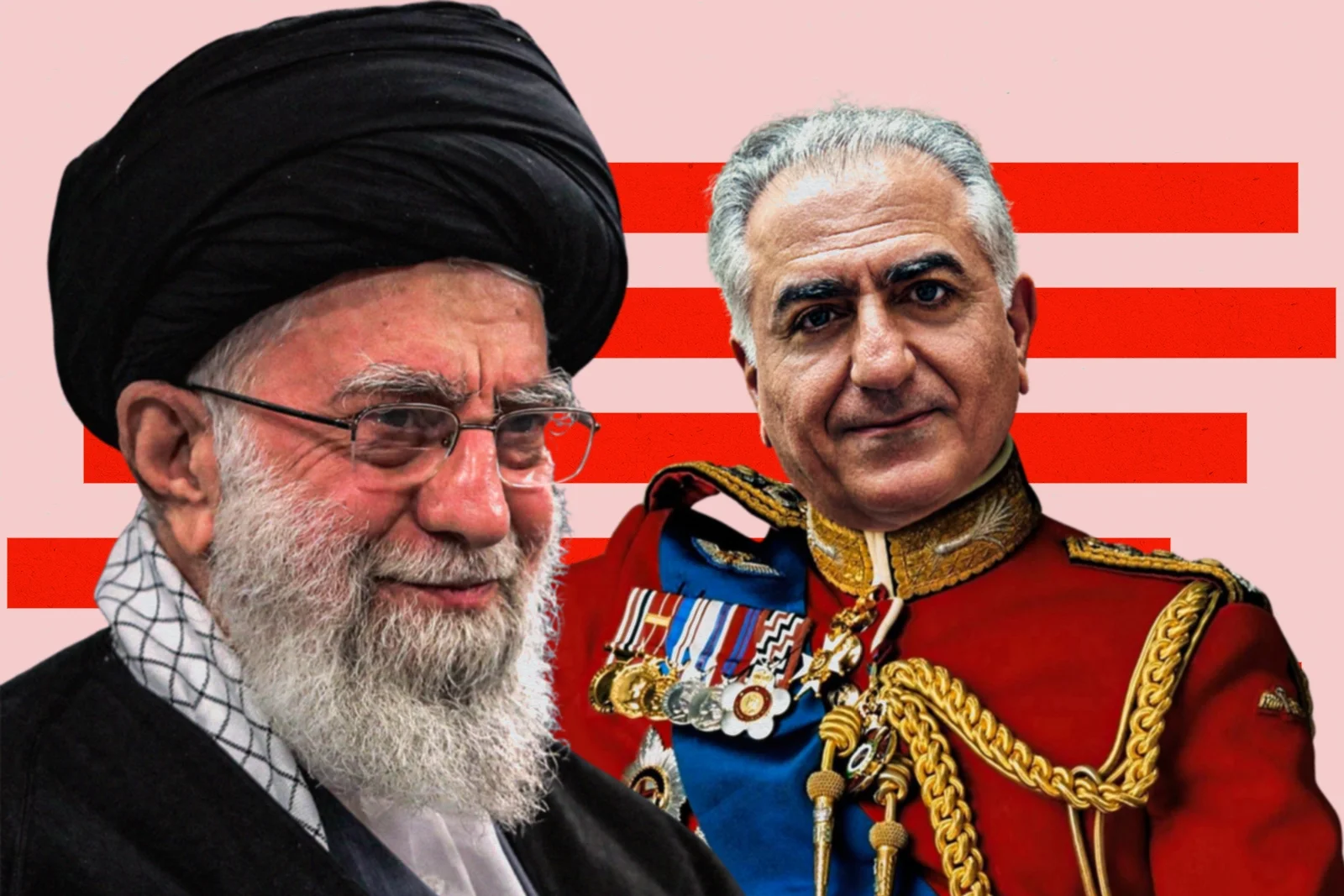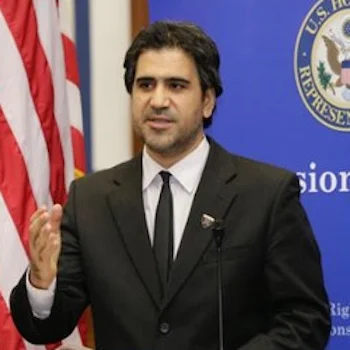
Even for CPAC, Inviting Iran’s Reza Pahlavi is Baffling
For decades, CPAC has stood as a stronghold of American conservatism, championing national security, individual liberty, and the rejection of centralized power. While CPAC has, in recent years, lost some of its importance due to scandals and mismanagement, it still retains some influence within conservative circles. Yet, in a move that appears at odds with its core principles, the conference has invited Reza Pahlavi, son of Iran’s ousted and widely reviled monarch, to speak at its upcoming gathering. This decision raises serious questions about CPAC’s commitment to the very values it purports to uphold.
Historically, CPAC has been unwavering in its opposition to hereditary rule and foreign elitism—both defining features of the Pahlavi monarchy, which ruled Iran with an iron fist before being overthrown in 1979. The United States, after all, was founded on a rejection of monarchy; the Founding Fathers fought to escape the tyranny of King George III, envisioning a republic governed by merit rather than bloodline. As Thomas Paine once wrote, “Of more worth is one honest man to society, and in the sight of God, than all the crowned ruffians that ever lived.”
It is perplexing, then, that CPAC would lend its stage to a man whose only claim to prominence is his last name—a name synonymous with a toppled regime that Iranians rejected more than four decades ago. By embracing Pahlavi, CPAC appears to be undermining its principles, glorifying a legacy of autocracy that contradicts the ideals of self-governance and individual freedom.
Even more troubling is the national security contradiction that Pahlavi’s invitation presents. CPAC has long prided itself on taking a hardline stance against threats to American interests, particularly those emanating from Iran. Yet Pahlavi has acknowledged contacts with senior figures in the Islamic Revolutionary Guard Corps (IRGC), a U.S.-designated Foreign Terrorist Organization responsible for the deaths of American troops, the funding of extremist groups like Hezbollah and Hamas, and the advancement of Iran’s nuclear weapons program.
The IRGC has also been implicated in assassination plots targeting President Donald Trump and other senior U.S. officials, according to American intelligence agencies. How, then, can CPAC justify giving a platform to someone who engages with the very forces responsible for these threats? If CPAC is to maintain credibility in its commitment to national security, it cannot afford to entertain figures with documented ties to America’s adversaries.
Beyond the issue of security, CPAC’s endorsement of Pahlavi ignores the political realities on the ground in Iran. Since the outbreak of mass protests in September 2022, demonstrators have not only railed against the current theocratic regime but have also rejected the monarchy that preceded it.
The Washington Post reported on October 21, 2022, “One new iteration—Death to the Shah, Death to the religious leader,” captures a consistent repudiation of autocratic rule, be it a king or a cleric. The New York Times reported on September 22, 2022, “In the northern city of Rasht, protesters took over a street, chanting, ‘Death to the dictator!’ and ‘Death to the oppressor, be it the shah or the supreme leader!’”
To present Pahlavi as a credible voice of the Iranian opposition is to ignore the will of the Iranian people. If CPAC truly values grassroots movements and democratic legitimacy, it should take note of who Iranians themselves see as their leaders—and who they do not.
Ironically, even the Iranian regime recognizes the utility of figures like Pahlavi in maintaining its grip on power. In a recent article, the Iranian state-run newspaper Vatan-e Emrooz admitted, “A weak and rootless movement like monarchism can actually help the survival of the Islamic Republic. This is the service the royal family provides.” Tehran understands that as long as the opposition remains divided, its own rule remains secure.
Rather than presenting a real challenge to the theocracy, Pahlavi serves as a convenient distraction—one that allows the regime to paint the opposition as fractured and ineffective. By amplifying his voice, CPAC inadvertently strengthens, rather than undermines, the ruling clerics in Tehran.
Beyond national security and political pragmatism, CPAC’s embrace of Pahlavi contradicts another of its core tenets: the rejection of political dynasties. Monarchies, by their very nature, represent the ultimate expression of centralized power—a system in which authority is passed down through lineage rather than earned through merit. American conservatism has long been wary of dynastic politics, whether in Washington or abroad. CPAC’s decision to elevate Pahlavi—a figure whose political capital exists solely by virtue of his last name—runs counter to its longstanding resistance to hereditary rule.
By extending this invitation, CPAC risks not only compromising its credibility but also betraying the principles that have defined its movement for decades. This is not merely a question of optics—it is a question of integrity. If CPAC is to remain a leading force in the fight for liberty and against terrorism, it must reject hereditary entitlement, foreign elitism, and figures who associate with America’s adversaries. That means rescinding Reza Pahlavi’s invitation.
